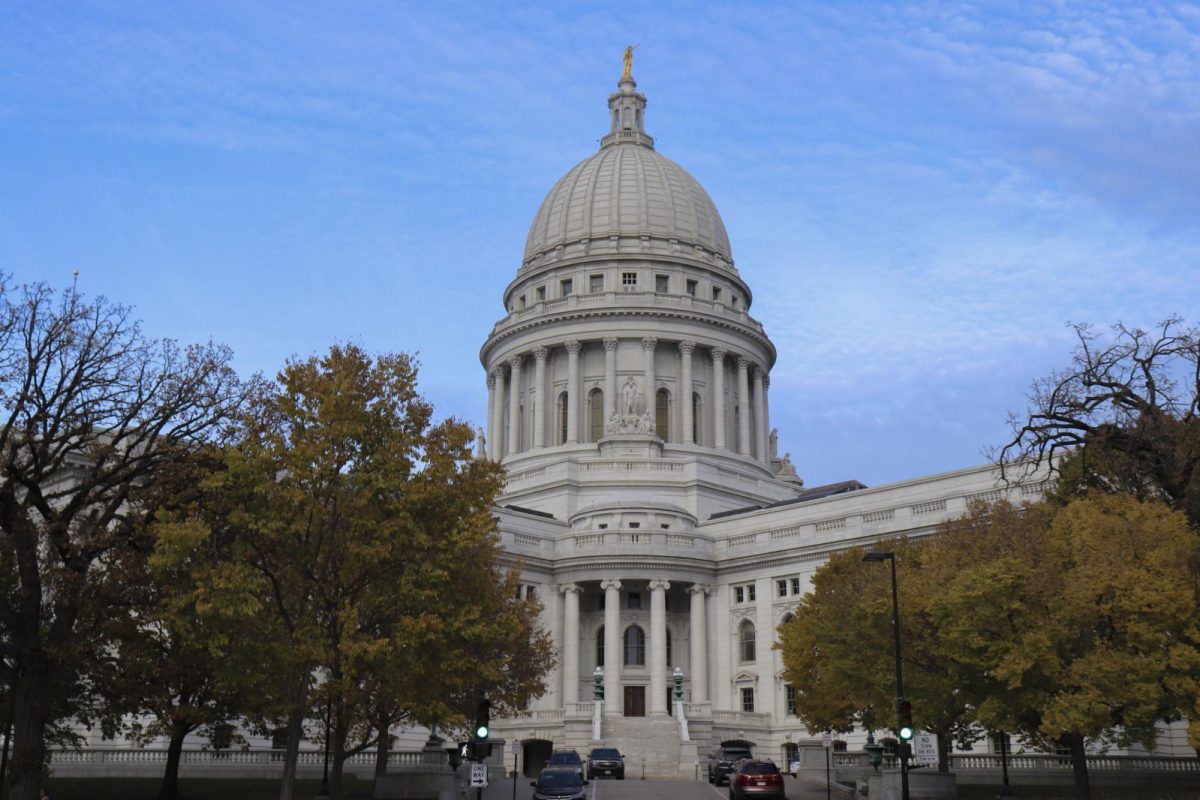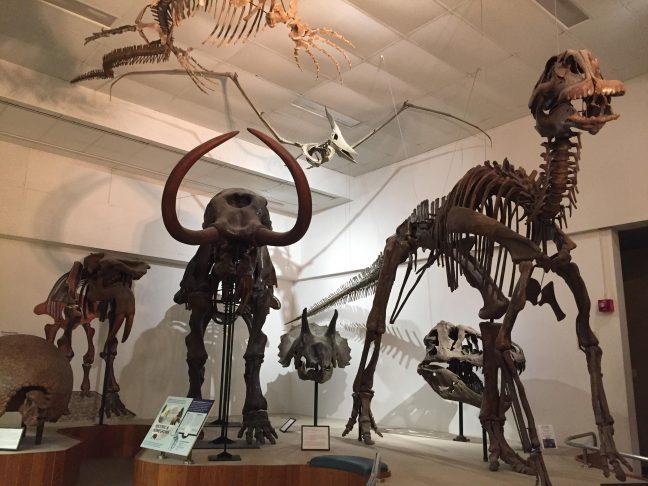One fundamental tenet of science is its embrace of uncertainty.
At its heart, true science understands that one cannot be 100 percent certain of anything. Scientific facts are living educated guesses — our current best explanation for the reality we live in, backed up with strong evidence.
This doesn’t always sit well with the public, who demand clear and unambiguous truth. Last month, a novel paper looking into the impact of scientific disagreement on the public’s reception and trust in science found just that.
In the first of its kind survey, University of Wisconsin assistant professor of Life Science Communication Sedona Chinn and her colleague at the University of Michigan, Sol Hart, found that incivility and disagreement reduces both the attention people pay to particular scientific research and their acceptance of the results.
The paper also found scientific disagreement decreases people’s trust in scientists and the scientific method.
“Debate is central to producing scientific knowledge. Peer review, peer critique, competing hypotheses — all the way through, it’s foundational,” Chinn said. “But a lot of times people don’t like to make decisions based on debated or uncertain information, which is reasonable.”
The survey, which Chinn conducted in late 2019, had 1,995 respondents read one of three articles on real scientific discoveries, as well as a fictional response by a commenting scientist. The commenting scientist either expressed agreement with the research or disagreement in either civil or uncivil ways.
After reading the article and response, the researchers asked respondents questions designed to gauge their attention and engagement with the article, their confidence in the scientists’ research quality and their trust in scientists and the scientific method in general.
Though Chinn was unsurprised to see disagreement and incivility leading to lower levels of trust in science and scientists, Chinn didn’t expect to encounter lower rates of attention and engagement as well.
Prior research has shown that when political discussions use ‘uncivil’ emotionally charged language, engagement goes up. Chinn’s research shows that the opposite is true for non-politicized scientific issues.
“I was interested in looking at non-politicized science because I wanted to see if the patterns that we see in political communication around how disagreement and incivility affect attitudes and trust were the same in some non-politicized scientific contexts,” Chinn said. “I found that they were not, and that was really interesting to me.”
Many view science as a means of explaining the world or providing recommendations on how they should live and behave. If scientific information is contested, its utility to non-scientific audiences becomes limited.
People might adopt a ‘wait and see’ approach, where they wait for the scientific debate to produce a clear accepted theory. Until then, they disregard the contested information and move on with their lives, Chinn said.
In science, disagreement is essential and unavoidable. Competing explanations for reality battle to stand the test of evidence. Better theories are constantly emerging and evolving, approaching absolute truth but never reaching it.
Even if disagreement cannot be avoided, the way science communicators frame it has impacts on how the public receives it.
Economic pressures on the journalism industry as a whole have forced media outlets to resort to sensational coverage in their efforts to draw audience attention, according to Chinn’s paper. This comes at a cost when those who feel alienated or antagonized by such discussions end up even less receptive to scientific knowledge than they were previously, as Chinn and Hart’s research shows.
UW Life Science Communications doctoral student Nicole Krause said people have a tendency to process information in a way that is consistent with what they want to believe. Her research focuses on how people use motivated reasoning to persist in scientifically flawed thinking and on interventions that can guide people in the right direction.
Social media sticks people into “petri dishes of their own views,” allowing individuals with extreme viewpoints to find one another and feel a sense of validation, Krause said.
“It can be problematic where a fringe group’s opinion about the earth being flat can now start to gain some traction in social media spaces,” Krause said. “That would have been very difficult in the past for all these flat earthers to find each other and have their views reinforced by each other.”
Social media companies are ill-suited to fend off misinformation because they have a financial incentive to spread it, Krause said. One alternative to self-imposed fact-checking would be to regulate social media companies as information providers.
When it comes to correcting misinformation, one approach that does not work is flatly telling people that they are wrong, Krause said. Doing so can trigger a threatened response and make them more compelled to defend their beliefs.
Instead, it’s far more effective for one to first try and understand the values of a person and then construct an argument using those values rather than one’s own, Krause said, using energy efficient light bulbs as an example.
UW research suggests more complicated link between plankton, clouds than originally thought
“There are studies that would show that political conservatives actually become less likely to buy the light bulb because of [a green leaf] on its label… [That’s] pushing a particular kind of value system of reverence for the environment that this person doesn’t identify with,” Krause said. “You’d be much better off saying, ‘this will save you money.’”














